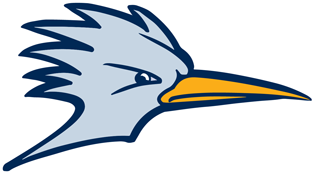Learn and Earn
Want a successful career? Imagine graduating from college debt-free and already employed.
State Fair Community College partners with large, medium and small employers in a variety of industries in registered apprenticeship programs. These employers will hire you, pay you a salary with benefits, plus pay for your education. SFCC’s registered apprenticeship programs meet the needs of employers, job seekers or career changers.
If you are an SFCC student, you must have a minimum 2.0 GPA to be eligible for these programs.
Apprenticeship Inquiry Form / Contact Us
Is an Apprenticeship Right for You?
There are many benefits to participating in SFCC’s registered apprenticeship program. You will have access to classroom and lab experiences with qualified SFCC faculty plus on-the-job training with a dedicated mentor in the company where you work. This on-the-job training program enables you to earn a salary while you learn a career.
- Gain practical skills and relevant training
- Earn national credentials and an SFCC certificate or degree
- Graduate debt-free
- Guaranteed employment
- Receive industry-aligned education
- Earn higher wages and career advancement
Who Can Apply
- Anyone looking to upgrade their skills or change careers is a good candidate for apprenticeship.
- High school students who may need to gain experience
- Career changers who need training and education in a new industry
- Incumbent workers who want to advance in their current job
Requirements
- At least 18 years old
- High school diploma or HSE
- U.S. citizen or work visa
- Academic requirements for admission met
- Driver’s license if required



